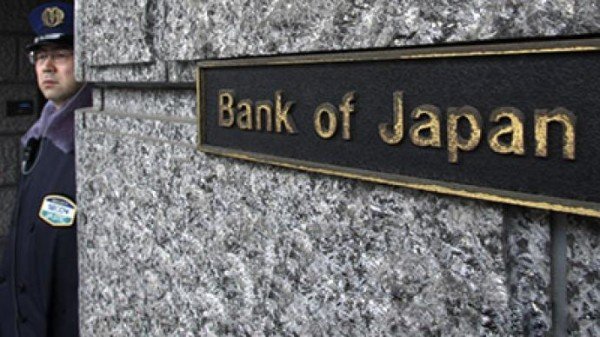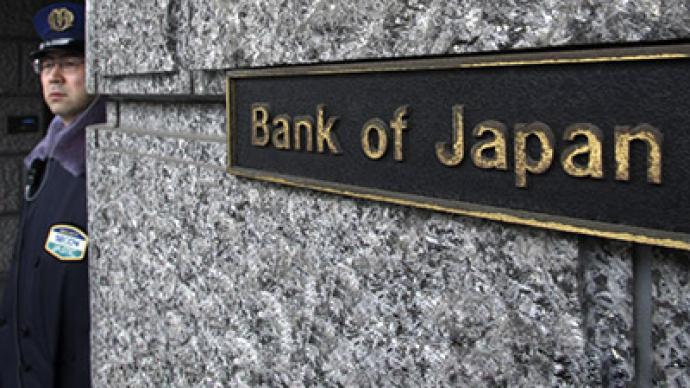Japanese shares rose to a two-month high on Friday, October 30, after Bank of Japan decided to keep its monetary easing policy steady.
The benchmark Nikkei 225 initially fell on the decision by more than 0.4%.
The index recovered to close up 0.78% at 19,083.1 points.
BoJ’s 2% inflation target was also pushed back by about six months.
While forecasts for economic growth for the year to March 2016 were also lowered to 1.2% from 1.7%.
Japan’s central bank governor Haruhiko Kuroda told reporters on October 30 the inflation target timing had been delayed “largely due to the effect of energy price falls”.
The BoJ’s current stimulus package is designed to give a boost to the world’s third-largest economy.
Private consumption makes up some 60% of Japan’s economic activity, but the country has struggled with deflation, or falling prices, for more than 15 years. Lower prices for goods in Japan have seen consumers hold on to their money in the hope of even lower prices later on.
The stimulus package is designed to encourage lending, which in turn should see consumers spending more.
Earlier on Friday, a string of domestic data showed Japan’s core consumer inflation number had fallen 0.1% in September from a year ago, household spending had fallen 0.4% year-on-year while unemployment had remained steady at 3.4% compared to August.
The data fuelled some speculation the BoJ would make a move. But eight out of nine board members voted in favor of the decision.
